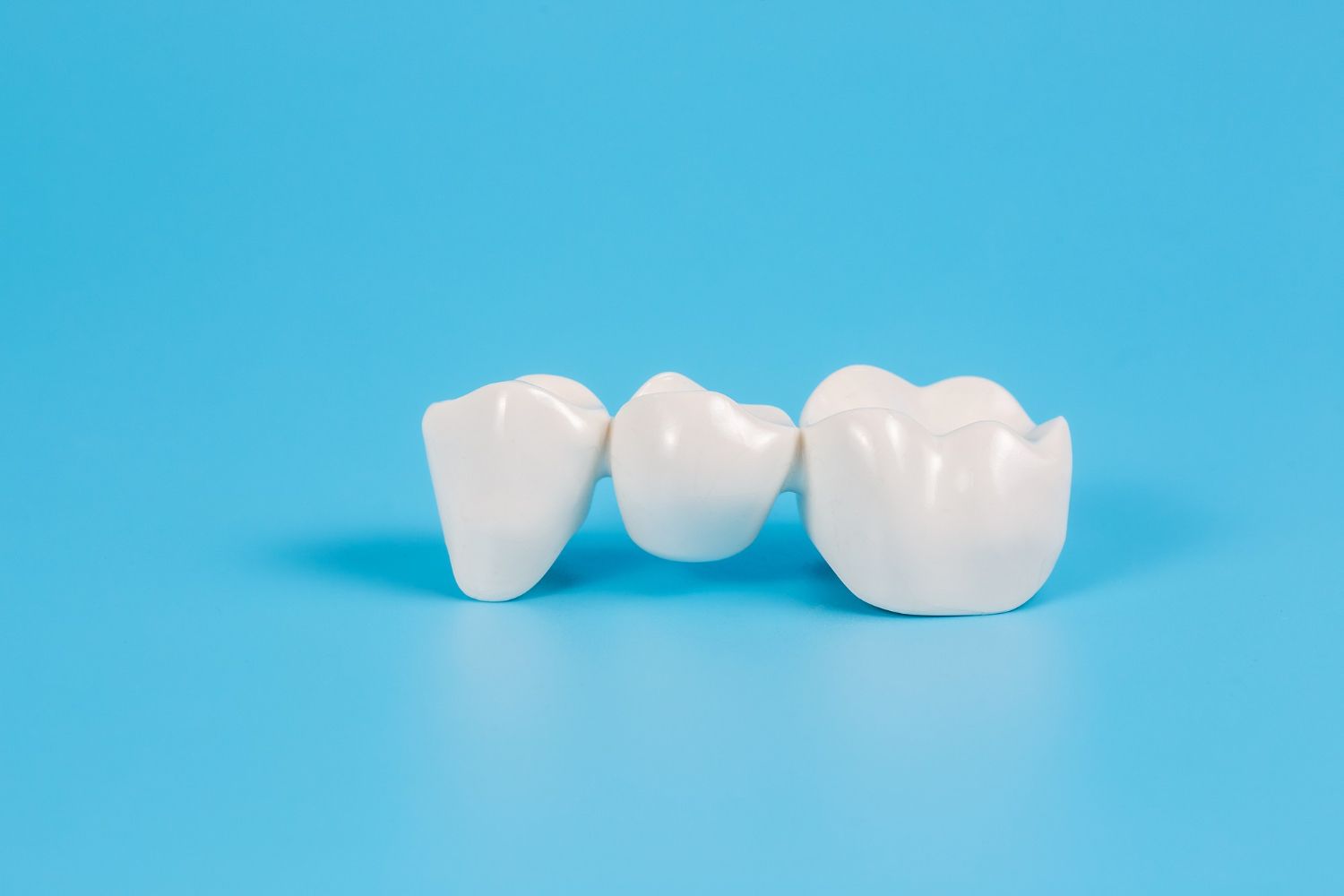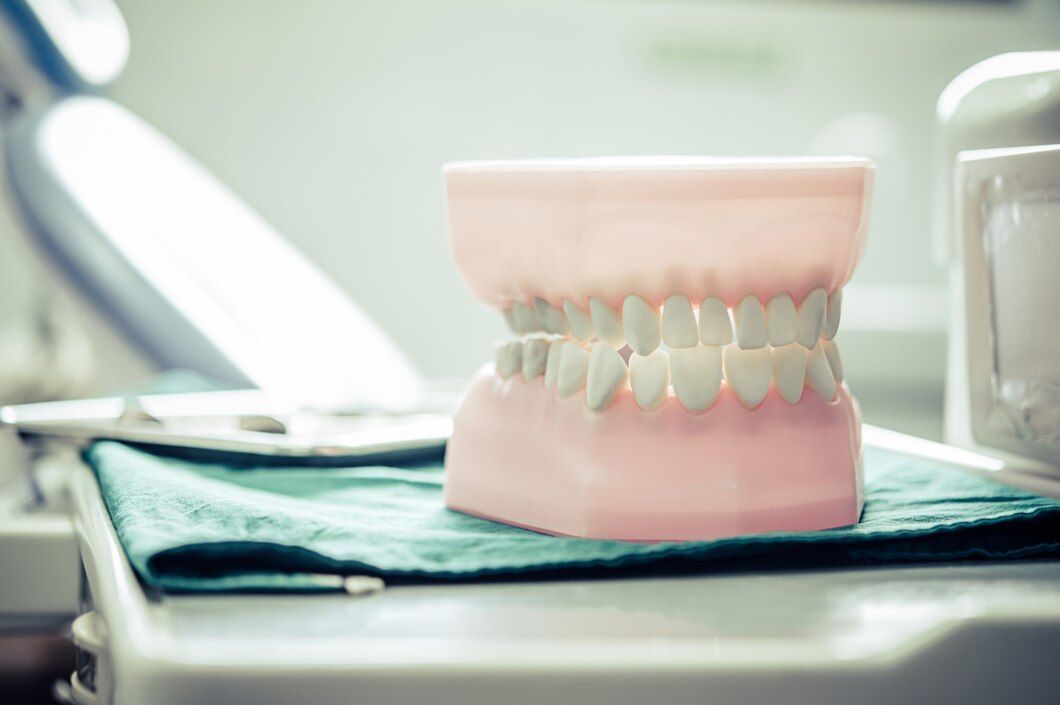A Simple Guide to Choosing the Most Ideal Dentures for You
If you're considering dentures, you're making a significant step towards improving your oral health and quality of life. Dentures are removable replacements for missing teeth and surrounding tissues. Whether you've lost teeth due to age, an accident, or dental issues, dentures provide a reliable solution for restoring functionality and aesthetics to your smile.
Dentures come in different types, designed to meet specific needs. You can choose from full or partial dentures based on how many teeth need replacing. It's crucial to understand your options so you can make an informed decision that aligns with your lifestyle and preferences. With the right dentures, you can eat, speak, and smile confidently again.
Choosing dentures involves various factors, from the type of material used to comfort and cost. Making the right choice might seem overwhelming, but with some guidance, the process becomes manageable.
Understanding Dentures
What Are Dentures?
Dentures are artificial teeth designed to replace missing teeth and surrounding gum tissue. They rest on the gums and are custom-made to fit your mouth. People usually need dentures due to tooth loss from aging, decay, or injury. Dentures help restore the ability to eat and speak properly, and they also bring back the natural look of a full set of teeth.
Dentures are typically made from acrylic resin and can include metal components. They are created based on molds taken of your mouth, ensuring a snug fit. While getting used to dentures might take some time, they generally become comfortable and easy to manage with practice and proper care. Having dentures can greatly improve your daily life by allowing you to eat a variety of foods and smile with confidence.
Types of Dentures
Selecting the right type of dentures depends on how many teeth you need to replace and your specific needs. There are three main types:
1. Full Dentures: These replace all the teeth in either the upper or lower jaw or both. They sit on the gums and are usually recommended when all natural teeth are missing.
2. Partial Dentures: When only a few teeth are missing, partial dentures are a suitable option. They clip onto your remaining natural teeth and fill in the gaps, preventing other teeth from shifting.
3. Implant-Supported Dentures: These are secured by dental implants, which are metal posts surgically placed into the jawbone. This option provides extra stability and comfort, making them feel more like natural teeth.
Each type of denture has its advantages, and discussing these options with your dentist can help you decide which is the best fit for your lifestyle and budget.
Benefits of Choosing Dentures
Improved Oral Function
One of the primary benefits of dentures is the improvement of oral function. Missing teeth can make it hard to chew and speak properly. Dentures help restore these functions, allowing you to enjoy a wider variety of foods. Being able to chew properly means you can maintain a balanced diet, which is crucial for overall health.
Dentures also help with speech. Missing teeth can cause slurred speech or difficulty pronouncing certain words. With dentures, your tongue and lips have a solid structure to press against, making it easier to speak clearly and confidently.
Enhanced Appearance
Dentures not only improve how your mouth functions but also enhance your appearance. They fill out your facial structure, giving you a more youthful look. Missing teeth can cause facial muscles to sag over time, leading to a sunken or aged appearance. Dentures support the cheeks and lips, restoring a natural, healthy look to your face.
Additionally, dentures are designed to look like natural teeth. They are custom-colored and shaped to match your remaining teeth or to create a natural-looking smile. This boost in appearance can significantly affect your self-esteem, making you feel more comfortable in social situations. Smiling, talking, and eating in public become enjoyable again when you know your teeth look and feel great.
Factors to Consider When Choosing Dentures
Material Options
When choosing dentures, consider the materials used. Dentures commonly have bases made from acrylic resin and teeth made from porcelain or plastic. Acrylic is lightweight and can be tinted to match the natural color of your gums. Porcelain teeth look more like natural teeth and are very durable. However, they can be heavy and might wear down opposing natural teeth faster. Plastic teeth are lighter and cheaper but might not last as long.
Each material has advantages and disadvantages, and your choice will depend on your needs and budget. Discussing these options with your dentist can help you determine which material is right for your specific situation.
Comfort and Fit
Comfort and fit are critical factors in selecting dentures. Ill-fitting dentures can cause discomfort, sores, and difficulty in eating and speaking. Your dentist will take precise measurements and impressions of your mouth to ensure a good fit. However, it might take some adjustments after the initial fitting to get them just right.
Consider the denture design too. Some dentures come with soft liners, which provide extra cushioning for sensitive gums. Implant-supported dentures offer the best fit and stability but require a surgical procedure to place implants in the jawbone. Choosing the right fit will make using your dentures a more pleasant experience.
Cost Considerations
The cost of dentures can vary widely based on the type, materials, and any additional procedures needed, like extractions or implants. Full dentures typically cost more than partials, and dentures with implants are usually the most expensive option.
It’s important to consider not just the initial cost but also long-term costs. Investing in higher-quality dentures might save you money in the long run by reducing the need for repairs or replacements. Insurance can also play a role in your decision, so check with your provider to see what is covered.
Caring for Your Dentures
Daily Cleaning Tips
Keeping your dentures clean is essential for good oral hygiene and longevity of the dentures. Here are some daily cleaning tips:
1. Rinse After Eating: Remove and rinse your dentures with water after meals to wash away food particles.
2. Brush Daily: Use a soft-bristled brush and non-abrasive denture cleaner to brush your dentures every day. Avoid regular toothpaste as it can be too abrasive.
3. Soak Overnight: Store your dentures in water or a denture-soaking solution overnight to keep them moist and maintain their shape.
4. Clean Your Mouth: Brush your gums, tongue, and the roof of your mouth daily to remove plaque and stimulate circulation.
Regular Dentist Visits
Visiting your dentist regularly is vital for maintaining the fit and function of your dentures. During these visits, your dentist can:
1. Check Fit: Ensure your dentures still fit properly and make any necessary adjustments.
2. Examine Oral Health: Look for any signs of gum disease, oral cancer, or other issues.
3. Professional Cleaning: Perform thorough cleanings that you can’t achieve at home to remove tartar and stains.
Common Issues and Solutions
Some common issues with dentures include discomfort, slipping, and difficulty speaking or chewing. Here are solutions for these problems:
1. Discomfort: If you experience sore spots, visit your dentist promptly for adjustments.
2. Slipping: Use denture adhesive to help keep your dentures in place. If slippage persists, consult your dentist.
3. Speaking: Practice speaking with your dentures in place. Reading aloud can help you get used to them.
4. Chewing: Start with soft foods and gradually try more challenging foods as you become more comfortable with your dentures.
Conclusion
Choosing dentures is a significant decision that can greatly improve your quality of life. Understanding the different types, materials, and benefits of dentures helps in making an informed choice. Comprehensive care and regular check-ups are essential for maintaining the longevity and comfort of your dentures.
Residents of Woodhaven, NY, and the surrounding areas can greatly benefit from professional guidance in selecting and caring for dentures. Making the right choice ensures a better fit, improved oral function, and a more confident smile.
If you're considering dentures and need professional advice, Premier Dental of Woodhaven can help. Schedule your appointment with our
dentist in Woodhaven today to explore your options and find the perfect dentures for your needs.














